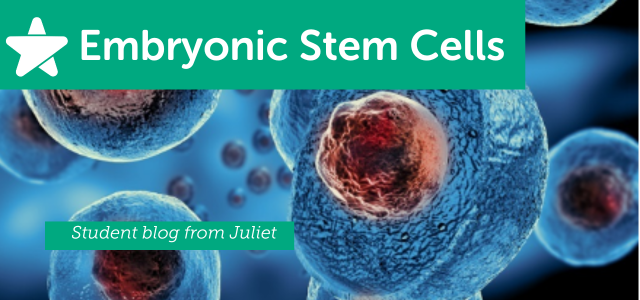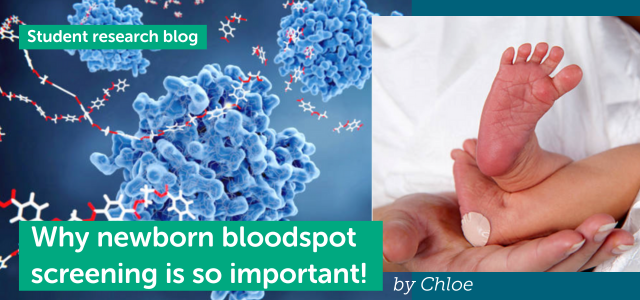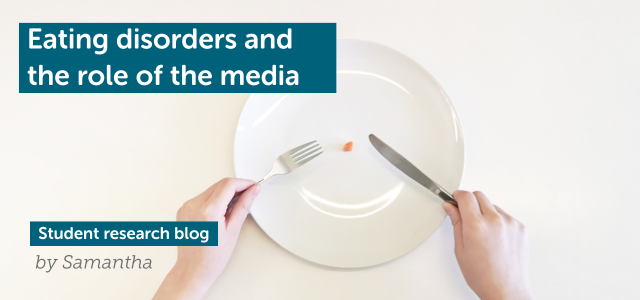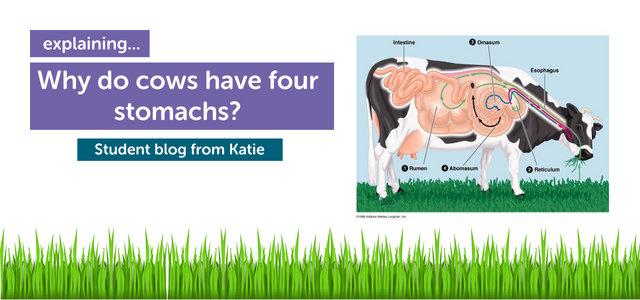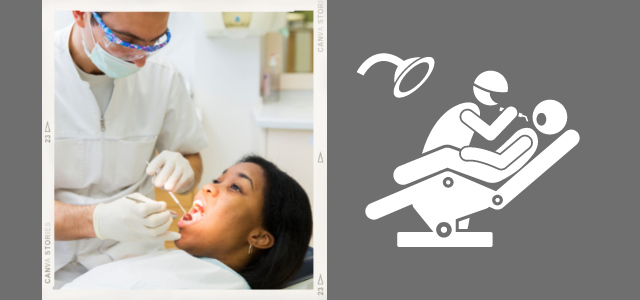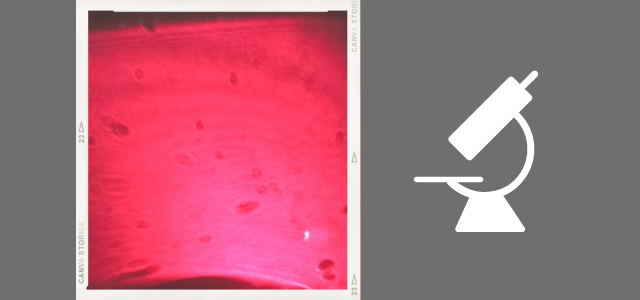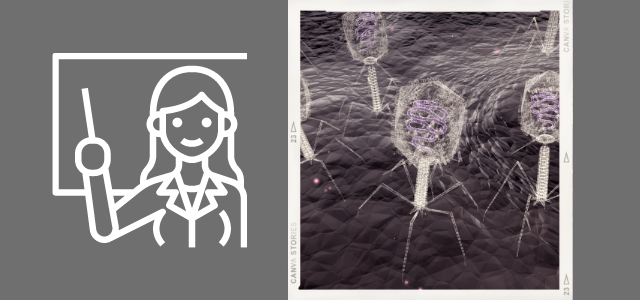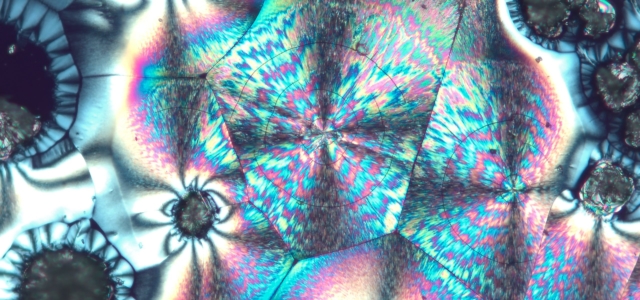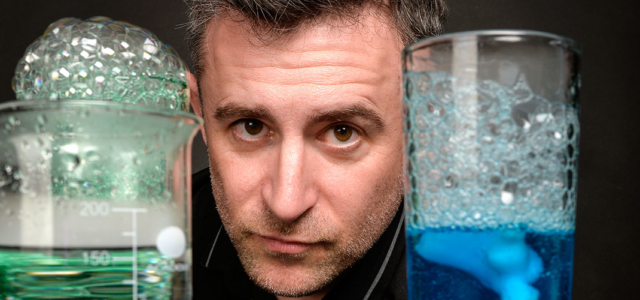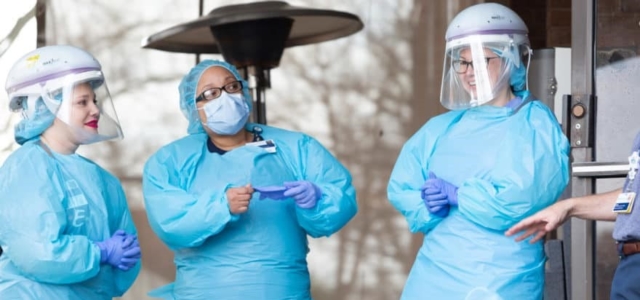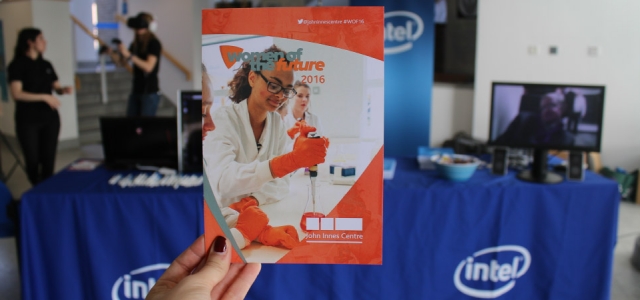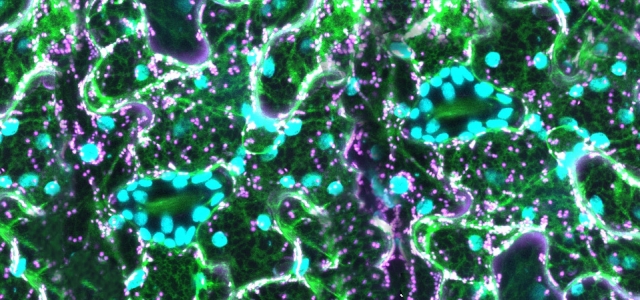Have you ever wondered why babies have their heel pricked at birth? Bronze award participant Chloe has been finding out about a rare genetic disease that is picked up with this important test and the lifelong implications on diet for sufferers.
We all know that protein is one of the most important nutrients required in the human body – from meat to fish and dairy to pulses, it can be found on the back of almost every label in your cupboard. Without protein, your body would seriously struggle with its daily functions, such as digestion, which requires specialized proteins called enzymes to allow us to absorb nutrients from our food. With more and more people trying protein shakes to gain muscle and food companies now adding protein supplements to label it as” high in protein!”, it begs the question – is protein always a good thing?
Phenylketonuria (shortened to PKU!) is a rare genetic disease which affects 1 in every 10 000 babies born each year. People with PKU are unable to make the enzyme phenylalanine hydroxylase, which breaks down the amino acid Phenylalanine – one of the building blocks of protein. If the amino acid is not broken down, it remains in the blood stream and continues to build up in the body, eventually causing brain damage. If not treated quickly, PKU can have serious health implications – but with an early diagnosis, many children with the condition are able to live healthy lives.
This is where “newborn blood spot screening” comes in. This essentially involves taking a blood sample from the heel of an infant at around 5 days old, and screening for 9 rare genetic disorders – including PKU. This blood sample is collected on a special card where it can be sent to a lab for diagnostic tests; saving thousands of lives each year.
So, what causes PKU? Well, as a genetic disorder, it is inherited from birthparents, who have a mutation in the PAH gene – a gene which helps produce the enzyme that metabolizes this amino acid. As a recessive mutation, a child must inherit this defective gene from both parents to be expressed in their phenotype (meaning they will be subject to the PKU disorder). However, if a child inherits one gene for PKU and one healthy PAH gene, they will remain unaffected by the gene, but will still be carriers, so it is possible that the condition will appear later down the line.
If both parents are carriers of the PAH gene mutation, their child will have:
- 1 in 4 chances of inheriting the condition
- 1 in 2 chances of being a carrier of PKU
- 1 in 4 chances of receiving a pair of normal genes
To see if you are carrying the mutated gene, you can request a “whole genome screening”, which can often be provided by the NHS. By having your genome screened, medical professionals will be able to compare your DNA with patterns of genetic information on a special database, which was produced after the successful “Human Genome project” in 2003. From this, you are essentially able to then identify if the mutation is present in your genome, which tells you if you are a carrier of PKU.
Most newborns with PKU are initially asymptomatic (not showing signs of the condition), however, after a couple of months, the undiagnosed babies may begin to:
- Have behavioral issues such as frequent temper tantrums
- Exhibit fairer skin, hair and eyes – due to a lack of melanin production
- Repeatedly vomit and have jerking motions in the arms and legs
- Experience seizures or tremors
- Have skin rashes, such as eczema
- Show delayed intellectual development or slow mental response
However, if identified quickly, there are methods of treating PKU, which have proven to be highly effective!
The most important treatment for PKU is a strict, low protein diet – completely excluding foods which are high in protein, such as
- meat and fish
- eggs and cheese
- nuts and seeds
- flour-based foods, like bread, pasta, cakes and biscuits
- soya, Quorn and tofu (often used as vegetarian substitutes!)
This minimizes the levels of amino acids consumed by the patient and prevents a build-up of phenylalanine in the blood and brain, which is what is responsible for the symptoms of the disease. Alongside this, people with PKU must also take daily supplements containing specific amino acids, to enable them to grow and allow their bodies to function. Phenylalanine levels are then regularly monitored through blood tests, known as “serum phenylalanine screening”; this is where blood spot samples from the patient are taken to the laboratory and mixed with a special type of bacteria which relies on this specific amino acid to grow, and combined with a chemical which prevents phenylalanine from reacting with any other substances which are present in the solution. This mixture is then cultured in a petri dish. If the bacteria grow, we can tell that the levels of phenylalanine in the patient’s blood are too high. This test can be used both to identify the condition in babies and to monitor the effectiveness of patients’ treatment plan. Regular assessment of a treatment plan means that action can be taken quickly to prevent further symptoms of PKU developing if the treatment is not going as planned.
Since protein is found in most foods in the supermarket, people with PKU will have access to special, low protein foods, which are prescribed by a doctor, so they can still have all the yummy foods like scones, doughnuts and pizza! There is also a large support network available for people with the condition, with websites such as www.pku.com containing everything from help and advice to PKU friendly recipe ideas.







